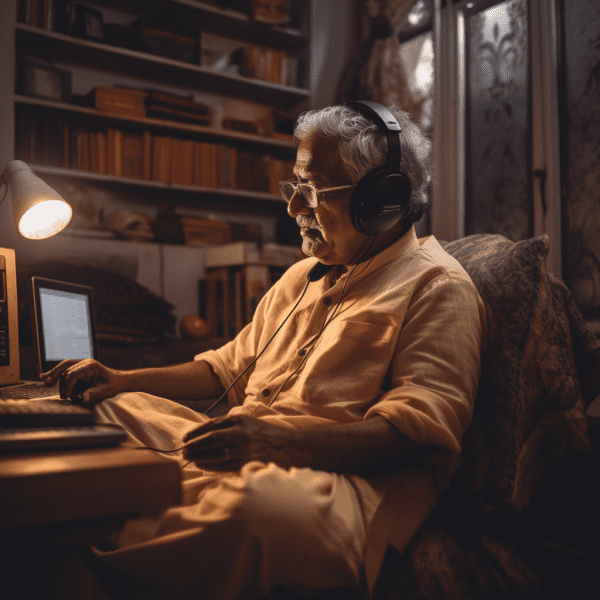Is It Possible to Live Independently with Dementia?
Many people live on their own. Everyone, especially those with dementia, values living in a safe, familiar, and pleasant environment. A dementia diagnosis does not automatically imply that a person is unable to live alone.
What Safety Precautions should be taken for Individuals with Dementia at Home?
The optimal living situation for someone with dementia is one that promotes their happiness and independence. For a person with dementia, familiarity with their surroundings and daily routines is crucial.
What is the Role of Genetics in Developing Dementia?
The genetic material we inherit from our parents is organized into structures known as chromosomes. We have 22 chromosomal pairs, plus two X chromosomes (women) or an X and Y chromosome (men). Like beads on a string, each chromosome carries thousands of genes. Genes contain information; they are the blueprints for creating a human being. […]
What Resources are Available for Caregivers for Dementia?
Caring for a person with Alzheimer’s or dementia often involves a team of people. Whether you give daily care, take part in decision-making, or just have compassion for someone with the illness.
How can Family Members and Caregivers Support Individuals with Dementia?

Supporting individuals with dementia requires a compassionate and understanding approach. A carer, often known as a caretaker, is anybody who provides care for another person.
Does Alzheimer’s Cause Headaches?
While exact ties between headaches and dementia are hazy at best, constant migraines can be a serious blight on the daily lives of many individuals surviving dementia.
Importance of a Routine for Dementia Patients
People with dementia, or conditions similar to dementia, such as Alzheimer’s, are recommended to have a planned daily schedule. In fact, even for regular people, who are not patients of any such diseases, a planned daily routine is suggested.
Music Therapy for Dementia Patients

Music therapy is an inclusion of a therapy technique which are called expressive therapy. The main motive of expressive theory is to reach out to people in the form of various arts that include poetry, art, and music.
Benefits of Music Therapy for Dementia Patients

Music therapy can be a useful technique for raising the quality of life and overall well-being of dementia patients. It is a risk-free, non-intrusive, and fun technique to increase mental stimulation and emotional well-being.
How Music Helps in Improving Quality of Life for Dementia Patients
Dementia is a neurological condition that causes a progressive decline in cognitive and physical functioning. Individuals with dementia often experience memory loss, difficulty with communication, and changes in mood and behavior.